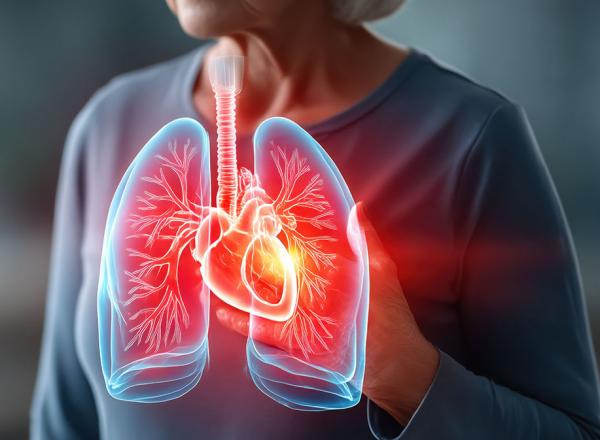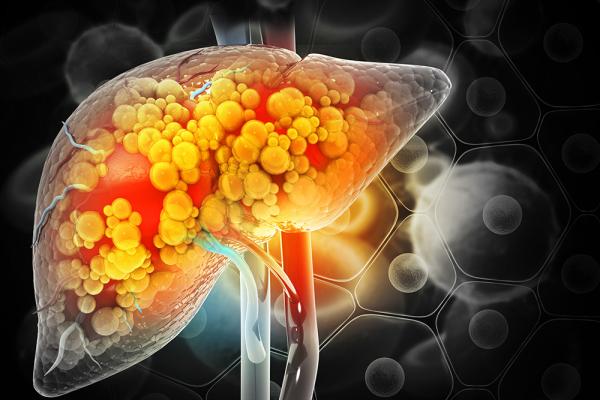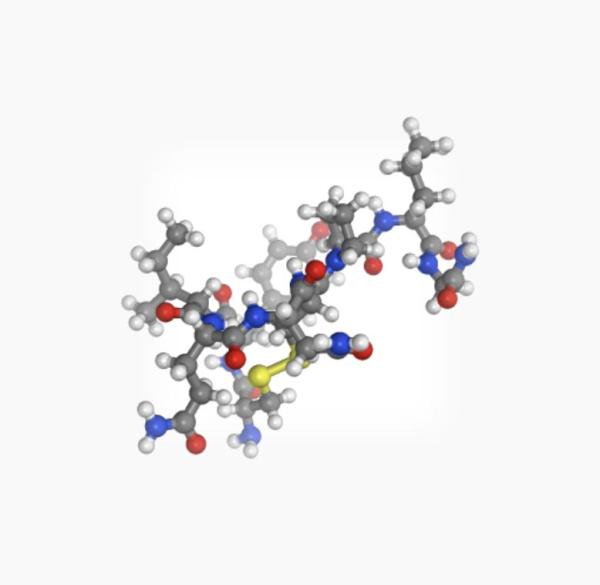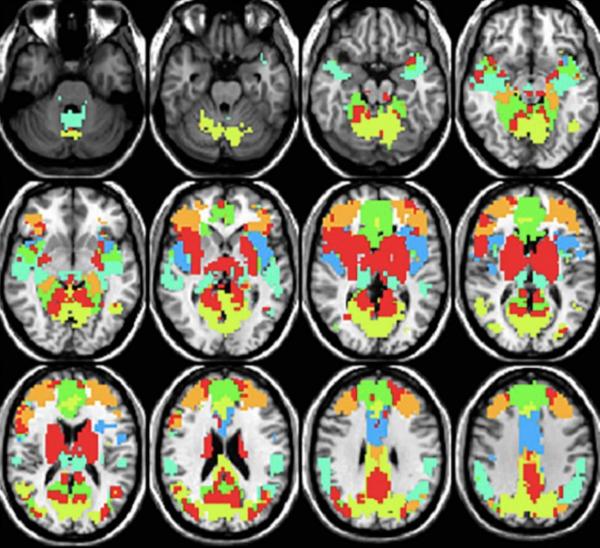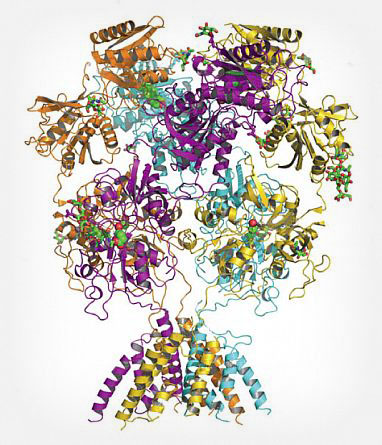Alcohol Accelerates Cardiovascular Aging
IRP Research Suggests Older Adults May Benefit From Severely Limiting Alcohol Consumption
It seems like every news report touting the health benefits of a daily glass of wine is soon followed by another that claims consuming any amount of alcohol harms health. While the jury is still out on this issue for younger individuals, a recent IRP study suggests that alcohol consumption may accelerate the typical age-related erosion of the cardiovascular system.
Many scientific studies have established the myriad ways that aging and alcohol independently diminish the capacity of the heart and blood vessels to effectively move blood — and the vital oxygen and nutrients it carries — around the body. However, the effects of those two forces in combination remains an outstanding question with potentially significant implications for health and public policy.

